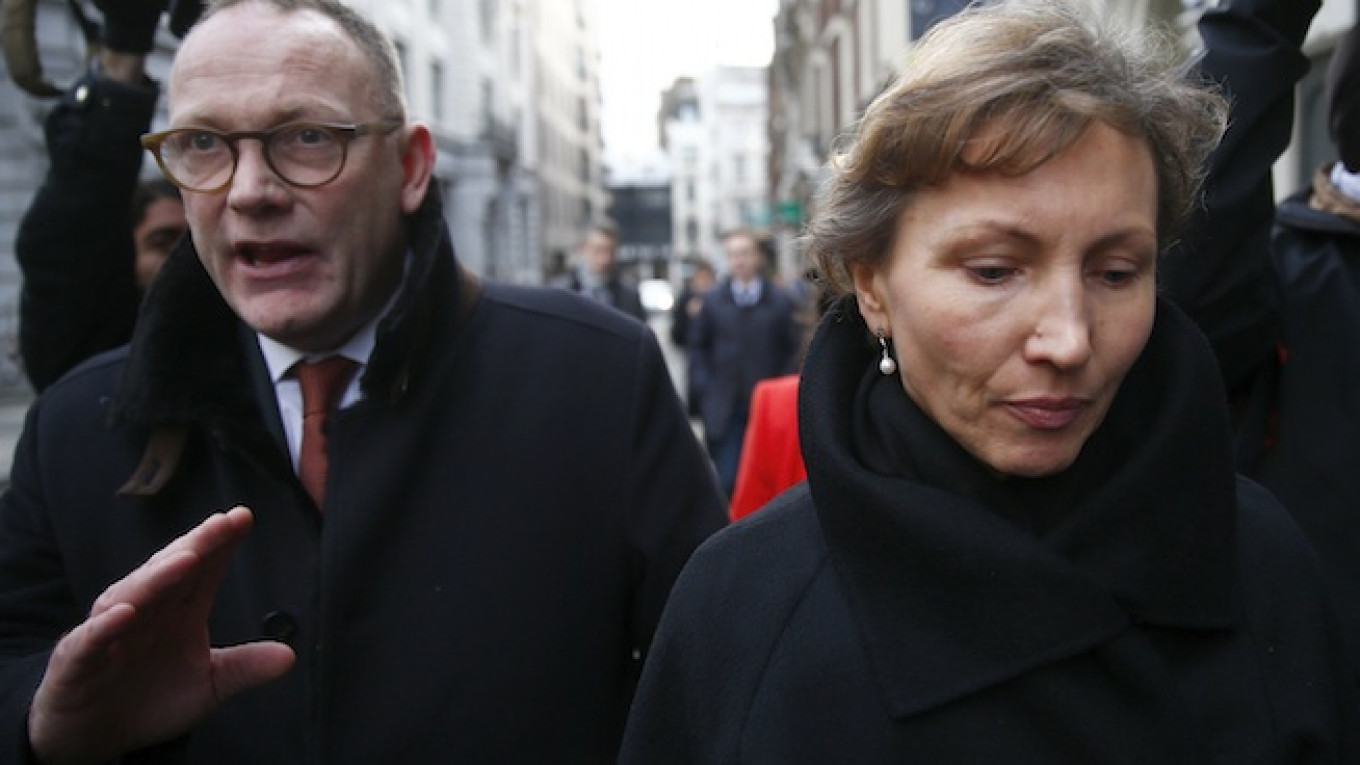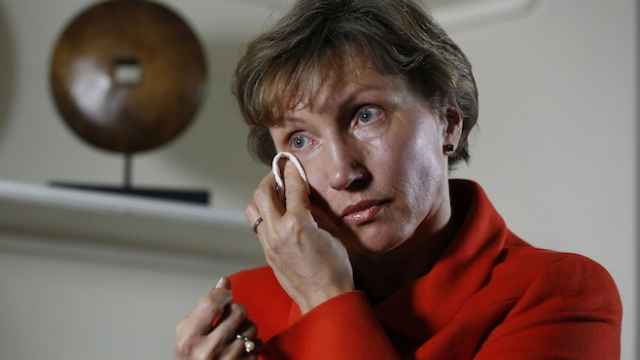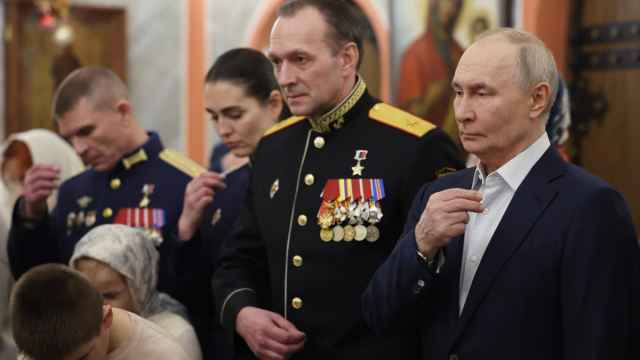Pathologists examining the body of ex-KGB spy Alexander Litvinenko, poisoned with a rare radioactive isotope London in 2006, carried out the world's most dangerous-ever post-mortem, an inquiry into his killing heard Wednesday.
They also said they would probably never have discovered the way he had been killed had unusual tests not been carried out just before his death.
British police say Kremlin critic Litvinenko died three weeks after drinking tea poisoned with polonium-210 at a plush London hotel which they believe was administered by two Russians Andrei Lugovoy and Dmitry Kovtun.
At its opening at London's High Court on Tuesday, the inquiry was told Litvinenko had told police President Vladimir Putin had personally ordered his death.
His widow's lawyer said this was to partly to cover up Kremlin links to the mafia which the former spy was going to help Spanish intelligence to expose.
Russia and the two suspects have repeatedly rejected any involvement in the death.
Litvinenko's health deteriorated rapidly after his meeting with Lugovoy and Kovtun on Nov. 1, 2006 and he died three weeks later having suffered multiple organ failure.
The inquiry was told "an inspired hunch" by police led them to bring in atomic scientists who found Litvinenko tested positive for alpha radiation poisoning two days before he died.
Lead pathologist Nat Cary said without that, the cause of death would not have been discovered in a post-mortem, adding he was unaware of any other case of someone being poisoned with alpha radiation in Britain, and probably the world.
Co-pathologist Benjamin Swift told the inquiry: "It was probably the most dangerous post-mortem that's ever been conducted."
Those involved in the examination had needed to wear two white protective suits with specialized hoods fed with filtered air.
The controversy generated by Litvinenko's killing plunged Anglo-Russian relations to a post-Cold War low.
As ties improved though, Britain rejected holding an inquiry in 2013, but then, as the Ukraine crisis unfolded, the government changed its mind last July although it said the political Ukrainian situation was not a factor.
Ben Emmerson, the lawyer for Litvinenko's widow Marina, said the police's main suspect Lugovoy had given an interview to Russian radio on Tuesday denouncing the inquiry as a "judicial farce."
"When the situation in Ukraine had kicked off and the UK's geographical interests had likely begun to change, they decided to dust off the mothballs and commence these proceedings," Lugovoy said according to Emmerson.
A Message from The Moscow Times:
Dear readers,
We are facing unprecedented challenges. Russia's Prosecutor General's Office has designated The Moscow Times as an "undesirable" organization, criminalizing our work and putting our staff at risk of prosecution. This follows our earlier unjust labeling as a "foreign agent."
These actions are direct attempts to silence independent journalism in Russia. The authorities claim our work "discredits the decisions of the Russian leadership." We see things differently: we strive to provide accurate, unbiased reporting on Russia.
We, the journalists of The Moscow Times, refuse to be silenced. But to continue our work, we need your help.
Your support, no matter how small, makes a world of difference. If you can, please support us monthly starting from just $2. It's quick to set up, and every contribution makes a significant impact.
By supporting The Moscow Times, you're defending open, independent journalism in the face of repression. Thank you for standing with us.
Remind me later.






